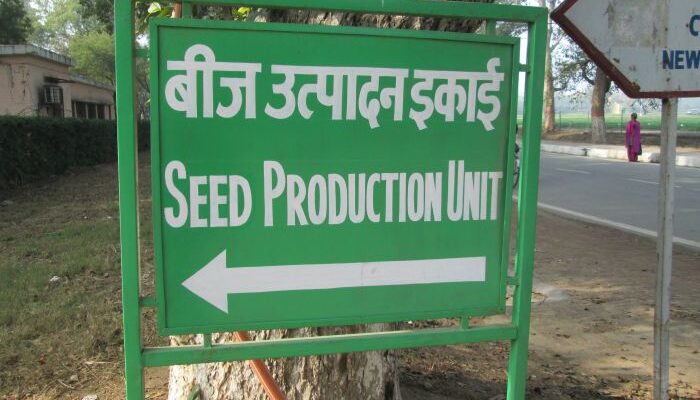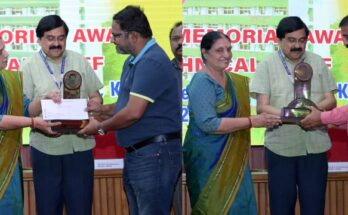Modern biotechnology has been advancing at a rapid pace with the advent of new molecular techniques and their potential applications. Plant genome editing is amongst one of the most promising technologies in terms of applied biological research and innovation with a huge economic potential in a wide range of sectors. Department of Biotechnology, Ministry of Science and Technology, Government of India, has initiated the development of draft guidelines for the safety assessment of genome edited plants through extensive deliberations, the Ministry said in a statement today.
Ministry of Environment, Forest and Climate Change issued an Office Memorandum on March 30, 2022 for exemption of SDN-1 and SDN-2 categories of genome edited plants which are free of exogenous introduced DNA from the provisions of Rules 7 to 11 (both inclusive) of the Rules 1989 of EPA, 1986. The draft guidelines were accordingly revised, considered and approved by Review Committee on Genetic Manipulation (RCGM) in its 231st meeting held on April 28, 2022. Thereupon, the “Guidelines for the Safety Assessment of Genome Edited Plants, 2022 were notified on May 17, 2022. The guidelines determine the regulatory requirements for the appropriate categories of experiments and provide the regulatory framework and scientific guidance on data requirements in context of research and development of genome edited plants, the ministry further said.
You may also like to read: IRRI scientists demonstrate rice varieties to fights abiotic stresses and hidden hunger
Towards enabling biosafety regulation by Institutional Biosafety Committees (IBSCs) the SOPs and checklist were drafted to bring clarity to all the stakeholders. Based on RCGM recommendations, the “Standard Operating Procedures (SOPs) for regulatory review of genome edited plants under SDN-1 and SDN-2 categories, 2022”, were notified on October 04, 2022. These SOPs shall be applicable for all organisations involved in research, development and handling of the genome edited plants under SDN-1 and SDN-2 categories from the date of notification. The SOPs provide regulatory roadmap, requirements for research and development and meet the threshold for exemption of genome edited plant(s) under the SDN-1 or SDN-2 categories, the statement reads.
Considering huge growth and advancement in genome editing research and applications in the field of agriculture, these guidelines and SOPs will be precious resource documents for the country. These guidelines and SOPs are expected to speed up the development of plant varieties and to reduce the time of approval. New plant varieties with improved traits would contribute towards increasing farmers’ income. Overall, this regulatory streamlining will bring transformational change in product development and commercialisation and thereby will contribute to the agenda for Atma Nirbhar Bharat (self-reliant India) of Government of India. This has also paved the way for India as an emerging global power in genome edited plants-based technology and its applications, the ministry added.
Click on the link to see the notification of Standard Operating Procedures (SOPs) for regulatory review of Genome Edited Plants under SDN-1 and SDN-2 categories, 2022





